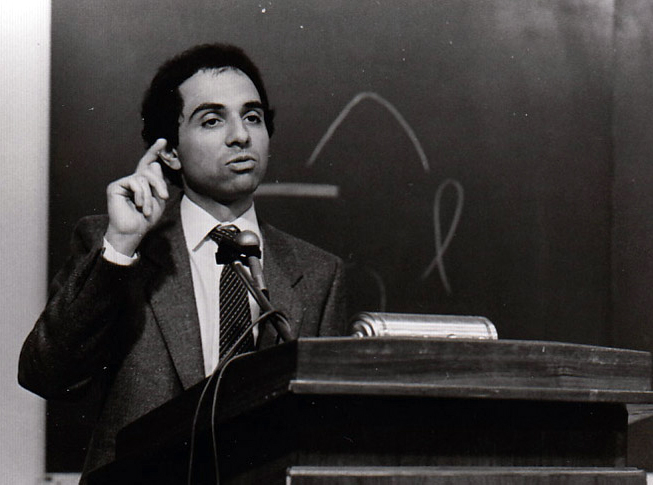Time and Ignorance in Public Policy

On the occasion of Professor Mario Rizzo’s birthday, I’d like to take the opportunity to underline how great an influence he has had on my thinking.
I was fortunate enough to first meet him early on during my doctoral studies (before they had even formally started actually) in Aix-en-Provence, France, where he is regularly invited to give lectures to the European Masters in Law & Economics students. That year, he talked about paternalism, and connected aspects of his lectures with the thesis subjects of the students in the audience. He was providing references and explaining to students how these related to his own presentations.
Prior to this, I was familiar with some Austrian economists’ ideas on money and monetary economics, but I was under the false impression that their contribution was mostly limited to macroeconomic questions, and that it was mostly a critique, or an alternative to the kind of mathematical economics I had learned in my curriculum. But Mario made it obvious that Austrian economics was not an alternative or a side-show to mainstream economics, but part of a larger discussion in the social sciences. His lectures sparked my interest in the practical relevance of Austrian economics for a much larger spectrum of economic questions. Soon I was reading The Economics of Time and Ignorance, Mario’s and Gerald O’Driscoll’s seminal contribution, some 25 years after its publication.
I’m not sure Mario remembers this, but I once described to him my initial reading of Time and Ignorance as an intellectual slap in the face. It was a turning point in my intellectual development. I had been consuming mostly easily available, and easily digested, sources on Austrian economics. The tone of Time and Ignorance was radically different; it was both much less authoritative and yet drew on a much wider variety of sources. It was not presenting principles that the reader ought to adopt or follow. It drew on sources that did not necessarily have an explicit “Austrian” seal of approval. I know that elsewhere Mario (and many others) have described the initial intent and impact of the book as a renewal in the face of the insular bent of Austrian economics during the previous decades. The effect it’s had on me, in a very different context and on a very different scale, could be described using very similar words..
Later, I was fortunate enough to study under Mario’s supervision for a short amount of time. Studying under him was a very enjoyable experience. He would suggest, not impose. He gave me advice as to what I could read, how to best use my time, and the state of mind in which I should approach a research project, that follows me to this day.
My work is more applied and less philosophical than Mario’s, his coauthors and, I believe, than most of the students he currently supervises or has supervised in the past. While working on a relatively straightforward applied narrative of financial crises, some of the things he recommended I could read—not to directly modify my paper to include these examples or even to discuss them in the paper, but to inform and structure my thinking—would be theoretical philosophy and experimental psychology on the implicit learning of abstract grammar. And it worked. It was dead-on what I needed to read to progress, despite seeming to be totally unrelated. I doubt anyone else would have even been aware of these connections.
Solomon Stein and Virgil Storr have argued that one of the reasons Time and Ignorance is not cited more widely by the younger generation of scholars interested in the ideas of Austrian economics is that they now pursue more applied topics. Peter Klein has argued that half the book deals with ontological or meta-theoretic issues. It is true that Mario’s other projects on paternalism, the legal order, as well as his critique of positivism and econometrics, for instance, might have a more direct and obvious place in a public policy economist’s toolbox, and I do regularly come back to them. But although policy papers are generally stingy on citing theoretical sources, while generous with sources justifying figures and affirmation, from a very personal point of view, the way I think about public policy is, at least in my mind, framed in terms of learning, uncertainty, and coordination as presented in Time and Ignorance.
It might not be apparent in the citation pattern, but Mario and Gerald O’Driscoll’s thought is very present in my “coverage of real-world issues,” to refer to the prognostic of Stephan Boehm about the future of Austrian economics.
Mathieu Bédard est économiste à l’Institut économique de Montréal. Il signe ce texte à titre personnel.

